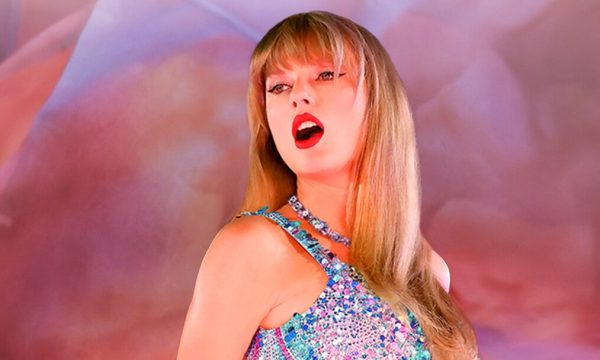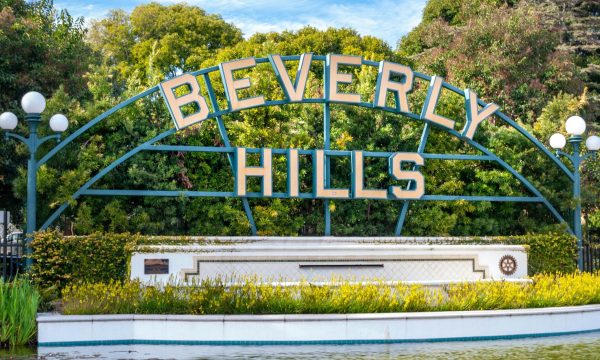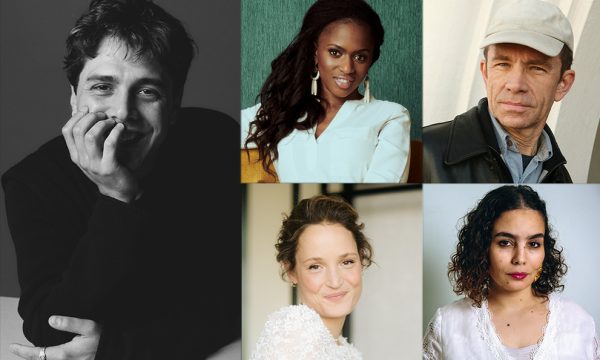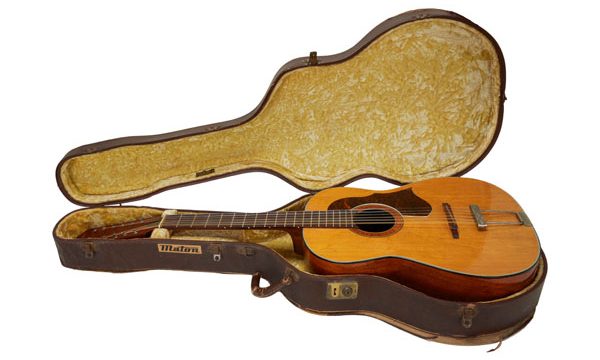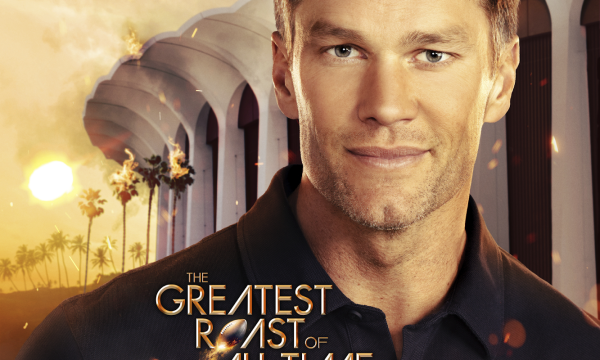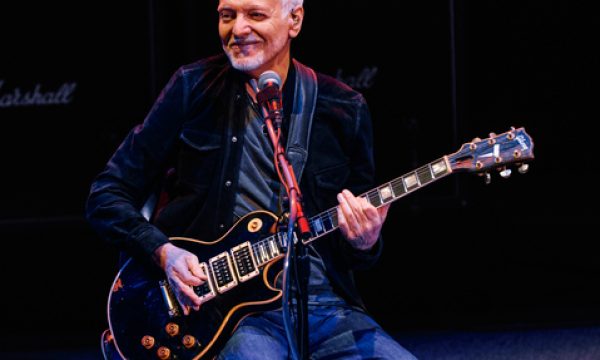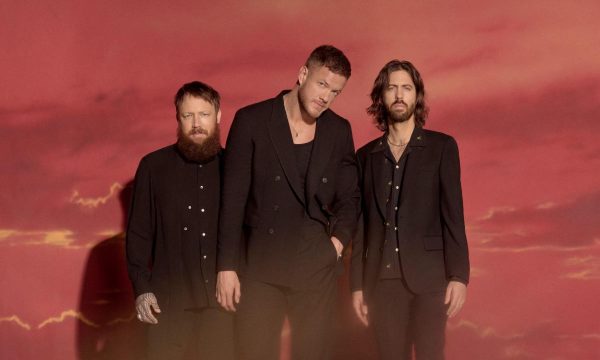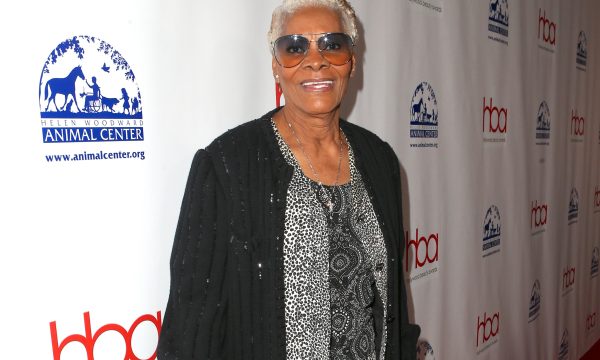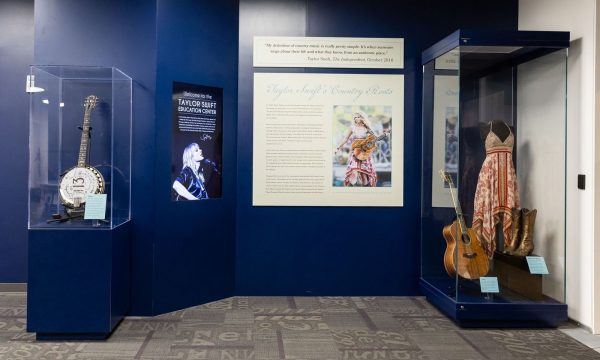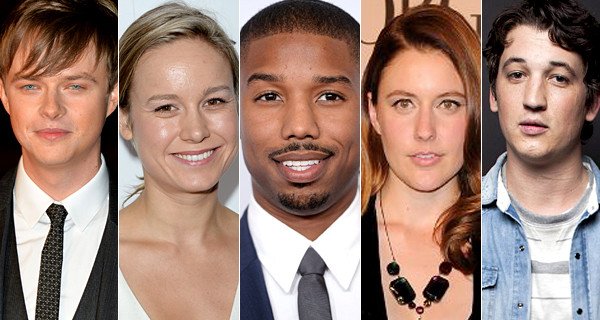
Ladies and gentlemen, now introducing the new Hollywood. That’s right, in the packed Chinese 6 Theater off Hollywood and Highland Boulevard, LA Times staffer Amy Kaufman presented the “Young Hollywood” panel last night during the AFI Fest. The week long festival prides itself as being a celebration of global cinema and today’s Hollywood – a showcase for the best festival films of the year and an opportunity for master filmmakers and emerging artists to come together with audiences in the movie capital of the world. With Brie Larson (Short Term 12), Miles Teller (The Spectacular Now), Dane DeHaan (The Place Behind The Pines), Michael B. Jordan (Fruitvale Station), and Greta Gewig (Frances Ha) all in attendance, I couldn’t help but agree that AFI is doing their job well. Oh yeah, and everything is free to the public.
What followed was a no holds barred, off the cuff conversation about everything from festival circuit hotel travesties to living in LA versus setting up shop in New York. At 30, Gerwig is the oldest of the bunch, although that did not stop all five actors from imparting wisdom and advice that speaks way beyond their years. While it took a few moments for the fledgling stars to shake off some last minute jitters, the panel quickly became a raucous affair. Oh to be young again.
Without further adieu, here are the highlights…
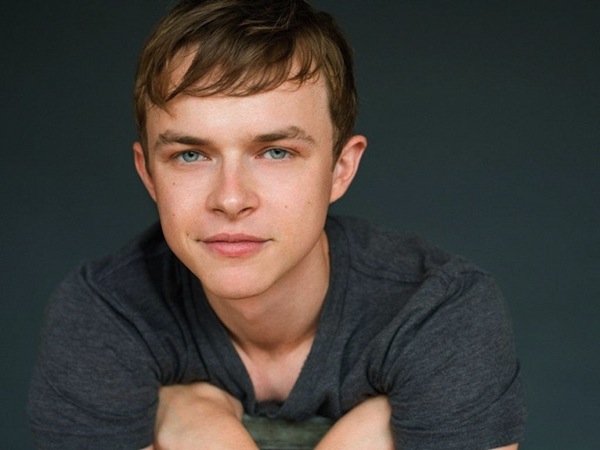 Kaufman: What was your first Hollywood moment?
Kaufman: What was your first Hollywood moment?
DeHaan: I remember when “Lawless” was going to Cannes and they were going to take everyone except for me. Because everyone was a lot more famous than me. But I remember my agent bought me a plane ticket, and I ended up spending my first night in France sleeping in a motel room on one of the film’s line producers’ futons. But I had this really cool tux, and I did the red carpet. Later that night, however, Jessica Chastain had to leave because she needed to finish shooting “Zero Dark Thirty,” and she gave me her hotel room for the night. And it was, like, palatial.
Teller: I mean my first Hollywood experience was very similar. I don’t know. The first time I went to South by Southwest—this past year actually—after an early morning flight, I get to my hotel and they give me my room key. When I get to my room [laughs], I open the door, and there is like three dudes in there and a bunch of room service, and it kind of smelled. Basically, everything was in disarray. I walked out, and asked the front desk what’s going on, and they were like, “oh yeah, that’s James Franco’s room.” He had a late check out. I thought that was pretty funny.
Kaufman: Because none of you are originally from Los Angeles, what were all of your ideas of what it would be like to make it here?
Jordan: I’m from New Jersey. Newark. My Dad’s from California, though, so I’d always come here to visit and for vacation and stuff like that. But, you know, it lived up to the hype. Pretty much. If you have a tight group of friends, a core group, it makes the time pass along.
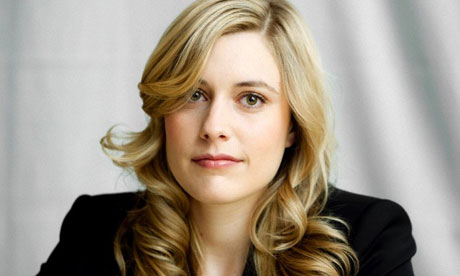 Gerwig: I grew up in California. In Sacramento, and I never really came to Los Angeles, because it is a very long drive. But I loved Woody Allen movies growing up, so by the time I went to LA, I was already doing some weird Woody Allen impressions. I mean I’d literally go around and say weird things like, “I’ll have a plate of mashed yeast.” And I was like 12. And I was already doing some strange things, so by that point I had convinced myself that I was a New Yorker even though I’m from Sacramento. I would also say things like, “The only cultural advantage of [living in New York] is that you can make an uncontrolled right hand turn.” So I started being obnoxious really young. But my first actual Hollywood moment was when the first big movie that was in lots of theaters came out. It was called Greenberg. And they put me up for the premiere at the W. I was very excited, and my parents were here. It was all really sweet and nice. And over night, the room was gone and I was in LA and I hadn’t planned it well and I didn’t have any money and I didn’t have anywhere to stay. And I was driving in Los Feliz and I was driving past a theater and I saw my face on a poster. And I thought to myself, I don’t have anywhere to stay tonight. What a Hollywood moment.
Gerwig: I grew up in California. In Sacramento, and I never really came to Los Angeles, because it is a very long drive. But I loved Woody Allen movies growing up, so by the time I went to LA, I was already doing some weird Woody Allen impressions. I mean I’d literally go around and say weird things like, “I’ll have a plate of mashed yeast.” And I was like 12. And I was already doing some strange things, so by that point I had convinced myself that I was a New Yorker even though I’m from Sacramento. I would also say things like, “The only cultural advantage of [living in New York] is that you can make an uncontrolled right hand turn.” So I started being obnoxious really young. But my first actual Hollywood moment was when the first big movie that was in lots of theaters came out. It was called Greenberg. And they put me up for the premiere at the W. I was very excited, and my parents were here. It was all really sweet and nice. And over night, the room was gone and I was in LA and I hadn’t planned it well and I didn’t have any money and I didn’t have anywhere to stay. And I was driving in Los Feliz and I was driving past a theater and I saw my face on a poster. And I thought to myself, I don’t have anywhere to stay tonight. What a Hollywood moment.
Kaufman: There’s a perception in LA that if you live here, you only talk about acting. Is that why most of you live so far away?
DeHaan: Well that’s like mostly why, yeah. I don’t know. It’s also very much the fact that there’s just this place I really love to live. So it’s not that I don’t like living here, it’s more like I just love living over there [in Brooklyn].
Gerwig: I always feel like a vague failure in LA. I don’t know why. It’s probably because I’m not used to it. But in New York, I always feel like I can kind of melt in and in LA people are like, “wait, why do I know who you are?” And then I say, “you don’t.”
Kaufman: Do the Angelino’s feel that way?
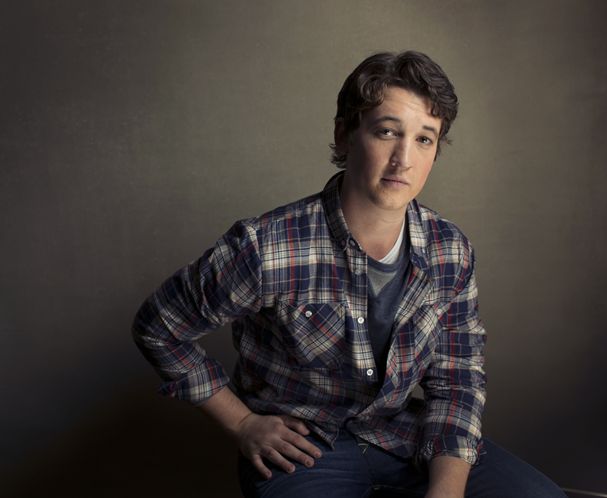 Teller: The what? What is that?
Teller: The what? What is that?
Larson: [Laughs] That’s us. Someone that lives in Los Angeles.
Teller: Oh, I’m not that. But seriously, I remember when I first got here, I went to a bar and I was just talking with somebody. At the end of it, he found out that I was an actor. And he was like, “oh, dude I’m a producer. Here’s my card.” And then I met four people that night that were like, “bro my dad does reality TV, here’s my card.” And I’ve never seen people that just give cards that only say “Actor” on it, and to me that was the weirdest thing. My roommate got like 100 of these things that said the same thing, and I was like, “dude, don’t do that.” But he was like, “they were only $20 bucks.”
Kauffman: Are there things you wish you could’ve known when you started in the business?
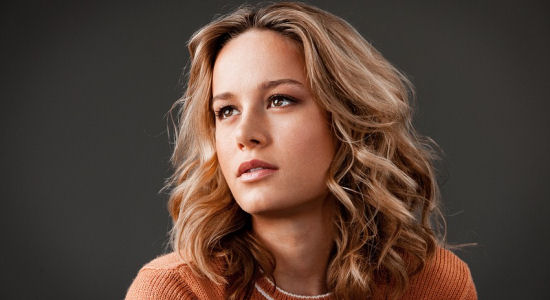 Larson: I think for me, because I started so young, there were all of those awkward years, which even now I feel like I’m growing through every other day. I’d go to all of these auditions. And all you really get is feedback at the end. It’s the weirdest, most backstabbing thing ever. You’d hear things like, “it was great to meet you” and then they’d go back and my manager would tell me, “yeah, they called back and told me that they hated you.” It’s so strange. And you start to get really confused and it warps your mind in a strange way. These people start to pick you apart by what you look like and then you in turn would hear things like, “they didn’t like your blue eyes,” or, “you didn’t get it because of this—you’re too tall; you’re too short—everything…everything. You weren’t good enough.” And it drove me nuts. It really drove me crazy. And then you start wearing too much make-up or not enough or curling your hair then straightening it. And you do all these things to try to make up for all these other things. It’s honestly like I was apologizing to everyone for being me. “I’m sorry. I’m sorry you have to deal with this.” And it was years, and years, and years of trying and then the strangest thing happened. The second that I was fed up with it. The second that I was myself and
Larson: I think for me, because I started so young, there were all of those awkward years, which even now I feel like I’m growing through every other day. I’d go to all of these auditions. And all you really get is feedback at the end. It’s the weirdest, most backstabbing thing ever. You’d hear things like, “it was great to meet you” and then they’d go back and my manager would tell me, “yeah, they called back and told me that they hated you.” It’s so strange. And you start to get really confused and it warps your mind in a strange way. These people start to pick you apart by what you look like and then you in turn would hear things like, “they didn’t like your blue eyes,” or, “you didn’t get it because of this—you’re too tall; you’re too short—everything…everything. You weren’t good enough.” And it drove me nuts. It really drove me crazy. And then you start wearing too much make-up or not enough or curling your hair then straightening it. And you do all these things to try to make up for all these other things. It’s honestly like I was apologizing to everyone for being me. “I’m sorry. I’m sorry you have to deal with this.” And it was years, and years, and years of trying and then the strangest thing happened. The second that I was fed up with it. The second that I was myself and 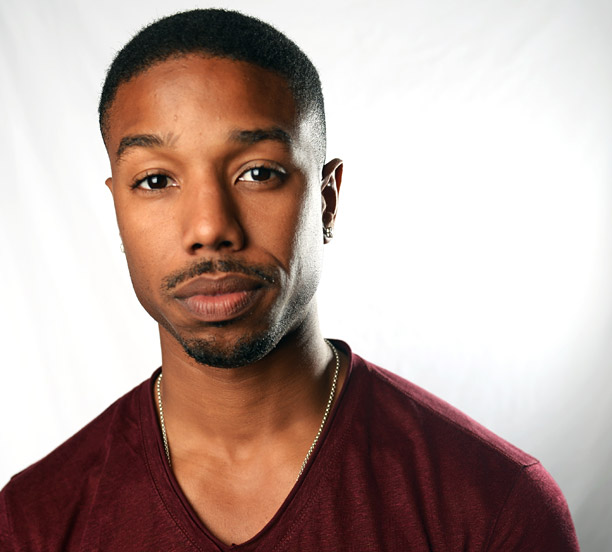 that I was honest, it all changed for me and suddenly I was working. I then realized that people telling you should be this or you should be that, that’s all wrong. Bottom line is, they’re making you lie. And no one likes to look at a liar. And that doesn’t make a good actor. So I found that the more honest I could be, the more comfortable I could be to myself, then that makes for work that is interesting to watch because it has a real point of view and isn’t the result of what some spikey haired woman in a room told you to do.
that I was honest, it all changed for me and suddenly I was working. I then realized that people telling you should be this or you should be that, that’s all wrong. Bottom line is, they’re making you lie. And no one likes to look at a liar. And that doesn’t make a good actor. So I found that the more honest I could be, the more comfortable I could be to myself, then that makes for work that is interesting to watch because it has a real point of view and isn’t the result of what some spikey haired woman in a room told you to do.
Jordan: [drowned out in a flood of applause] That’s a great answer.
I happen to agree.
By David Morris



